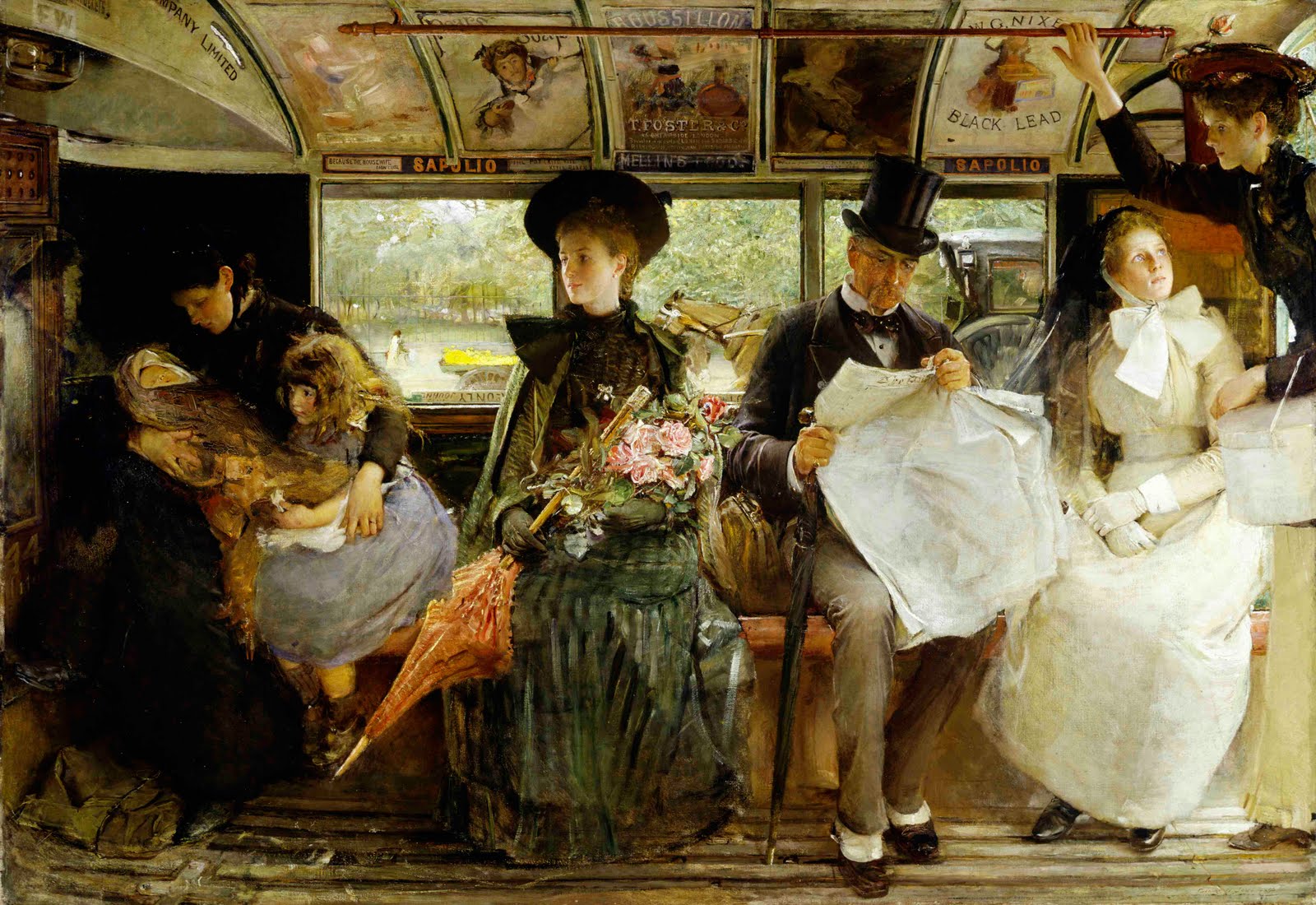This Week’s Guest: Yuval Levin
When Gertrude Himmelfarb passed away on December 30, 2019, a great Jewish voice was lost. An eminent historian of Victorian England, Himmelfarb—or, as she was known to her friends, Bea Kristol—identified and defended the moral and political virtues she deemed necessary for a healthy democratic society. She was interested in how the Victorians consciously built up England’s moral capital and civic confidence when these were in short supply. Drawing from meticulous historical research, she brought her conclusions to bear on the United States, arguing that, with their model in mind, Americans too can accomplish what the Victorians did. She also connected Victorian morality with the moral tenets of Judaism, and wrote numerous other works on Jewish topics, especially on the novelist George Eliot’s ideas about Jews and Judaism.
To discuss the legacy of this great historian and theorist of American remoralization, we are joined on this week’s podcast by Yuval Levin, editor-in-chief of National Affairs and director of social, cultural, and constitutional studies at the American Enterprise Institute.
Musical selections in this podcast are drawn from the Quintet for Clarinet and Strings, op. 31a, composed by Paul Ben-Haim and performed by the ARC Ensemble, as well as “We Are Your Friends” by Mocha Music.
Background
For more on the Tikvah Podcast at Mosaic, which appears roughly every Thursday, check out its inaugural post here.
If you have thoughts about the podcast that you’d like to share, ideas for future guests and topics, or any other form of feedback, just send an email to [email protected].
More about: Gertrude Himmelfarb, History & Ideas







